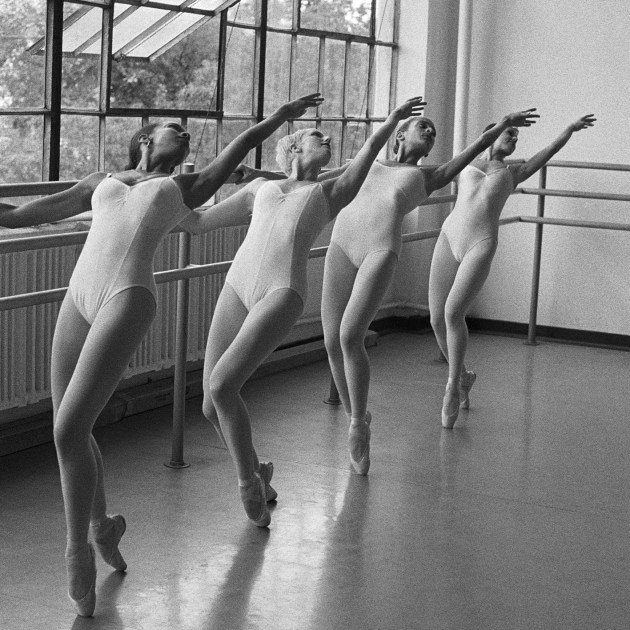
I promised myself the next one would be tame—not dress-code tame, not complacent tame, but calm, meditative, focused. A soothing counterpart to the my last two off-the-wall picks. But alas, Andy Stott went and vaporized my tidy little plan. The newest single from his just released album, Too Many Voices, strikes and squirms like its trying to burst free from the confines of my padded little headphones.
Although the first dry, metallic bass hits seem in line with Stott’s past work (especially when he’s in a nasty mood), “Selfish” sees the Brit flipping his usual progression. Rather than building to a grinding climax, the track breathes in deeper and deeper, allowing light to creep into the miasma. Processed vocals stumble through; drum machine brightness overtakes the initial sludgy drums. It’s part instrumental grime (a strain of UK hip-hop), part experimental techno.
Let’s talk about that techno. If you’ve never acquainted yourself with our boy Andy, he’s been the author of some of the darkest, most other-worldly techno of the 2010’s. However, it was the addition of vocals from former piano teacher Alison Skidmore that elevated his music to a new plane. The use of the disembodied female voice is a bit of a cliché in electronic music – ethereal, wordless coos to create “atmosphere” – but something about Stott’s collaborative, extensive, use of this source material gradually generated a digital character. We heard Skidmore from so many different angles that the surface-level cuts, superficial in isolation, amalgamated into something full.
But why then too many voices? Is Stott himself tired of this played out motif? I think not. Judging by the more diverse cast on his perenially monochrome cover art and the new sound and visuals accompanying single “Butterflies,” Too Many Voices reads more as a lament; it’s as if there are too many voices to incorporate, too many voices to listen to.
“Selfish” proves that this isn’t a futile endeavor. Each lacerated snare jerks toward a jagged, dynamic world. Let’s hope that Andy never runs out of voices.
